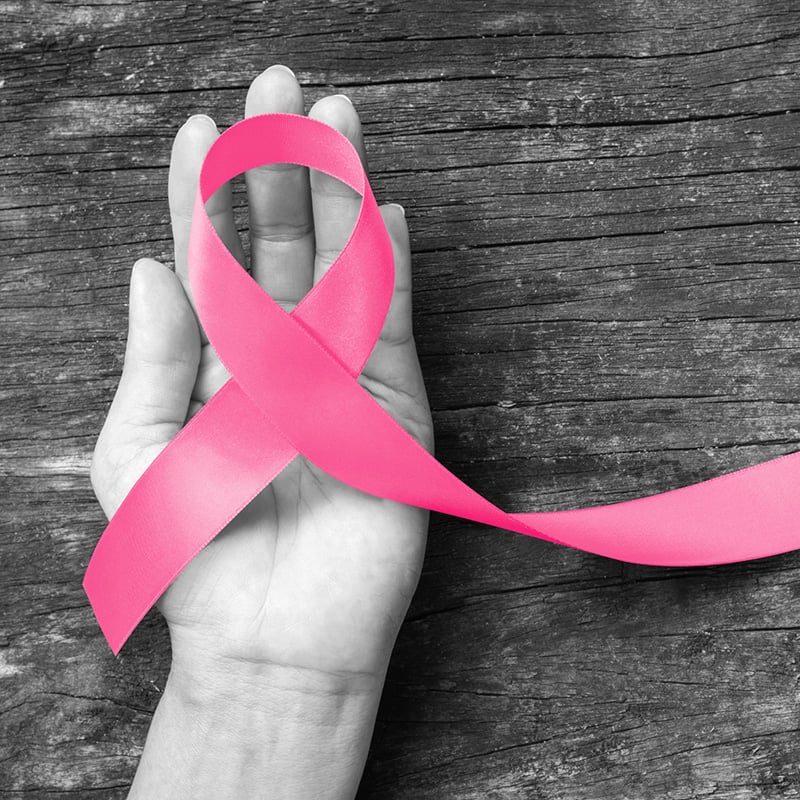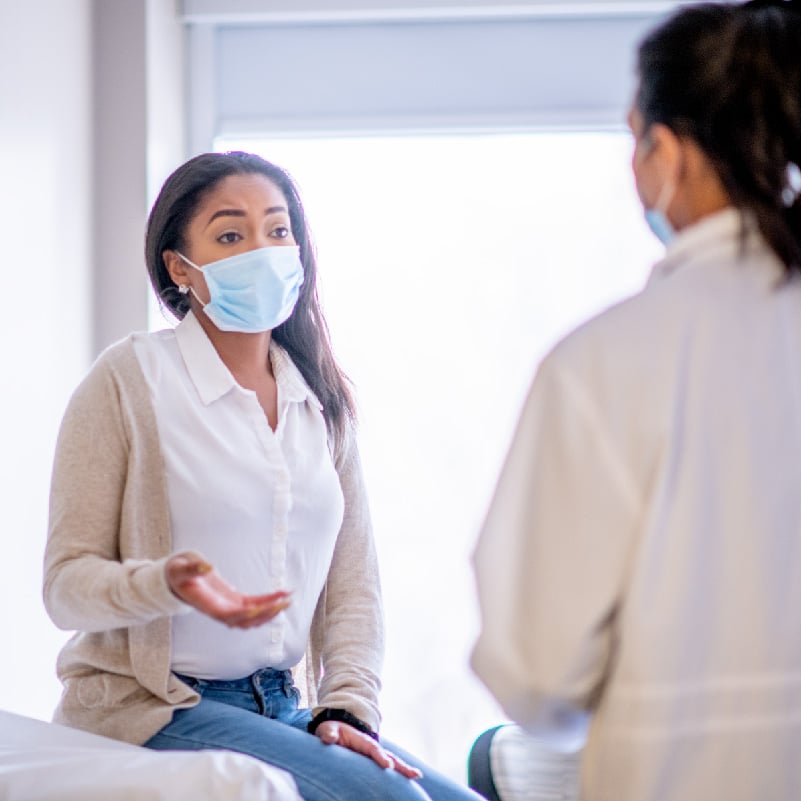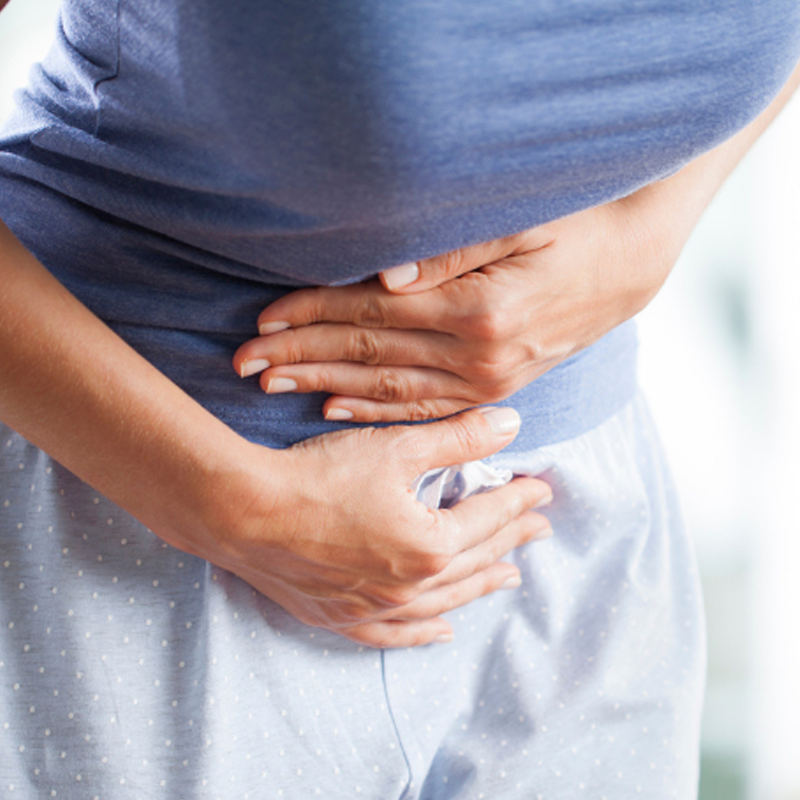A new study published by the National Institutes of Health (NIH) suggests women who use chemical hair straightening products face an increased risk of uterine cancer.
Uterine cancer is the most common cancer of the female reproductive system, comprising approximately 3 percent of all new cancer cases in the U.S.
Sajeena Geevarghese, MD, is the Executive Medical Director for Gynecologic Oncology at Rochester Regional Health and explains what this study means for women who use hair relaxing products and steps they can take to reduce their risk.
Understanding the study
Conducted over the course of 11 years, the Sister Study was led by the National Institutes of Environmental Health Sciences as part of the NIH. The study followed 33,497 women in the U.S. in an effort to discover risk factors for breast cancer and other health conditions.
Researchers found women who used chemical hair straightening products such as hair relaxers at least 4 times in 12 months, were more than twice as likely to eventually develop uterine cancer compared to those who did not use the products.
Of the women who were studied, 1.64 percent who never used hair straightening products eventually developed uterine cancer by age 70. However, women who used them frequently saw their risk go up to more than 4 percent.
“This is especially important for Black women because they are 50 percent more likely to use these products and often start at a young age,” Dr. Geevarghese said. “Black women have a higher rate of uterine cancer, an increased risk of more aggressive uterine cancers, and a lower survival rate, which could potentially be linked to chemicals present in the products.”
What’s behind the risk
The study found Black women used hair straightening or relaxing products more frequently than other races or ethnicities in general.
Several chemicals found in these types of hair products – such as parabens, formaldehyde, bisphenol A, and metals – could pose a health risk to the women using them.
“When these chemicals are applied to a woman’s hair, they are absorbed into the body through the scalp. This could be the link between these products and increased risk of uterine cancers,” Dr. Geevarghese said.
What to do next
Nearly 66,000 women have been diagnosed with uterine cancer so far in 2022. Knowing the symptoms of uterine cancer is a powerful tool in identifying the disease early. The earlier cancer is identified, the more effective treatment can be.
Uterine cancer symptoms include:
- Irregular bleeding between menstrual cycles
- Heavier bleeding during menstrual cycles
- Bleeding longer than normal during menstrual cycles
- Unusual vaginal discharge
- Pelvic pain
- Post-menopausal bleeding
“If a woman is experiencing any of these symptoms, she should contact her gynecologist right away and schedule a consultation to discuss what to do next,” Dr. Geevarghese said.








